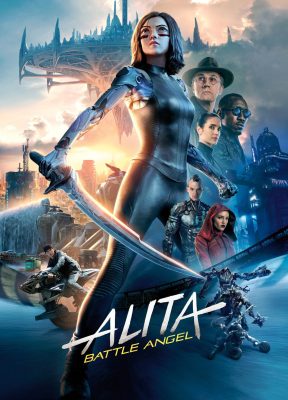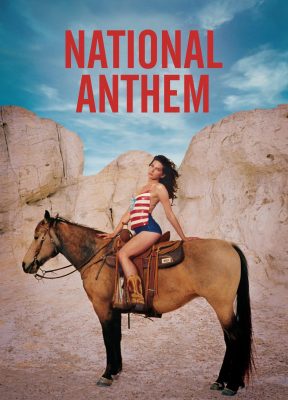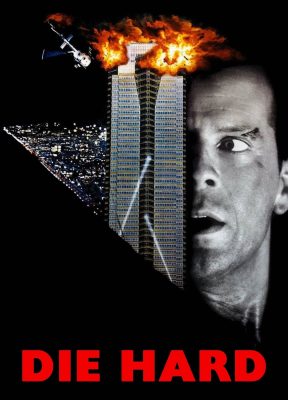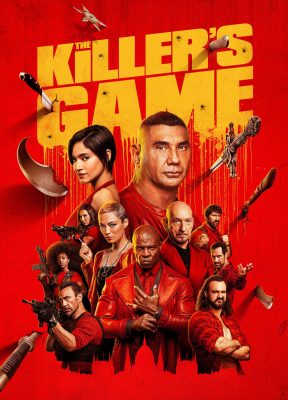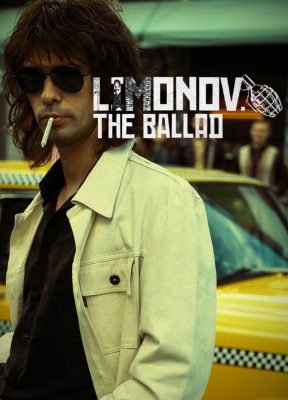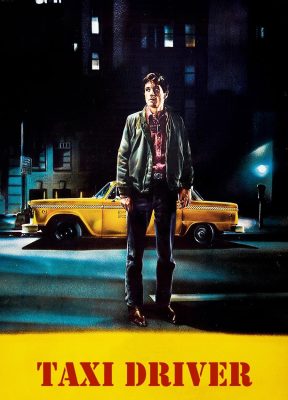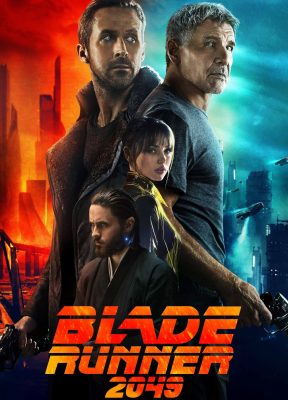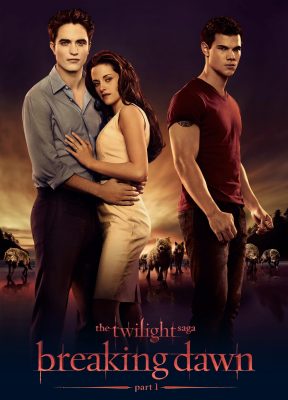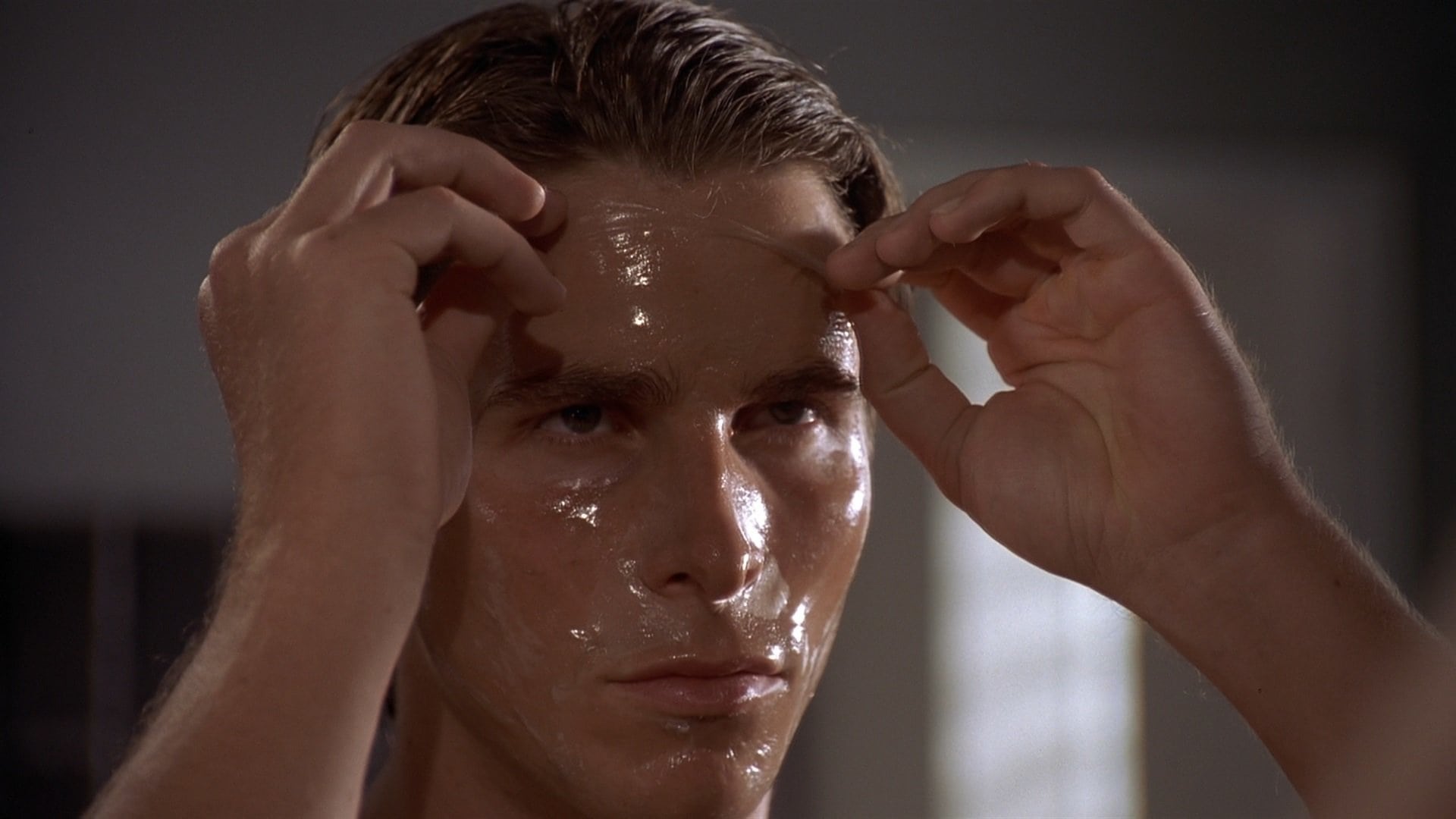
Top 10 Movies With Compelling Anti-Heroes
Anti-heroes captivate audiences precisely because they defy the simplistic morality of traditional heroes. Flawed, complex, and often operating in ethical grey zones, these characters challenge our perceptions of right and wrong. They are rebels, outsiders, and sometimes even villains—yet we root for them, drawn to their humanity and contradictions. This list explores ten films whose anti-heroes redefine heroism, leaving an indelible mark on cinema and culture.
(Spoiler alert: Key plot points and character arcs discussed.)
1. Taxi Driver (1976)
Director: Martin Scorsese
Anti-Hero: Travis Bickle (Robert De Niro)

The Story: A mentally unstable Vietnam War veteran turned taxi driver, Travis Bickle navigates the grime of 1970s New York City. Disgusted by urban decay, he fixates on “saving” a child prostitute (Jodie Foster) and assassinating a political candidate, culminating in a violent, ambiguous climax.
Why He’s Compelling: Travis is a powder keg of loneliness and rage, his moral compass skewed by alienation. He oscillates between vulnerability and brutality, making his quest for purpose tragically relatable. De Niro’s haunting performance forces us to confront society’s underbelly—and the darkness within.
Legacy: A cornerstone of New Hollywood, Taxi Driver influenced gritty character studies like Joker and cemented Scorsese’s reputation for exploring fractured psyches.
2. Fight Club (1999)
Director: David Fincher
Anti-Hero: Tyler Durden (Brad Pitt)

The Story: A disillusioned office worker (Edward Norton) creates an alter ego, Tyler Durden, who leads an underground fight club that morphs into an anarchist movement. Tyler’s philosophy—”self-improvement is masturbation”—resonates with disaffected men.
Why He’s Compelling: Tyler is a charismatic nihilist, rejecting consumerism but embracing chaos. His toxic masculinity and destructive ideology critique toxic empowerment, blurring the line between liberation and self-destruction.
Legacy: The film’s twist and anti-capitalist themes sparked cult debates, while Tyler’s iconography (soap bombs, red leather jacket) became symbols of rebellion.
3. Scarface (1983)
Director: Brian De Palma
Anti-Hero: Tony Montana (Al Pacino)
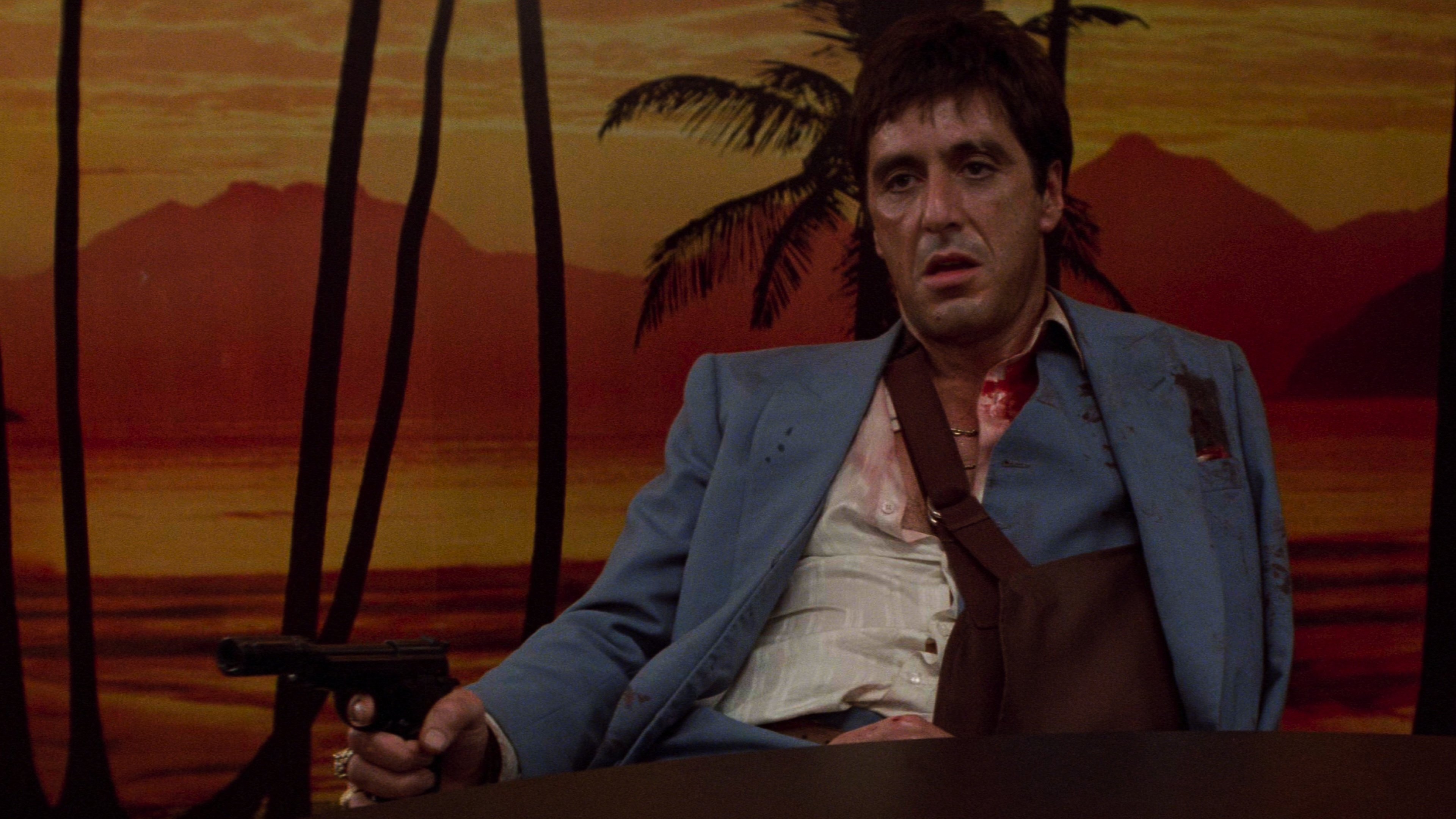
The Story: A Cuban immigrant rises from dishwasher to cocaine kingpin in Miami, fueled by ambition and greed. Tony’s mantra—”The world is yours”—drives him to betray allies and spiral into paranoia.
Why He’s Compelling: Tony’s brutal charisma and tragic hubris make him a cautionary tale. He’s both repellent and magnetic, embodying the corrupting allure of the American Dream.
Legacy: Despite mixed reviews, Scarface became a hip-hop and pop culture touchstone, celebrated for its unflinching portrayal of excess.
4. The Godfather Part II (1974)
Director: Francis Ford Coppola
Anti-Hero: Michael Corleone (Al Pacino)
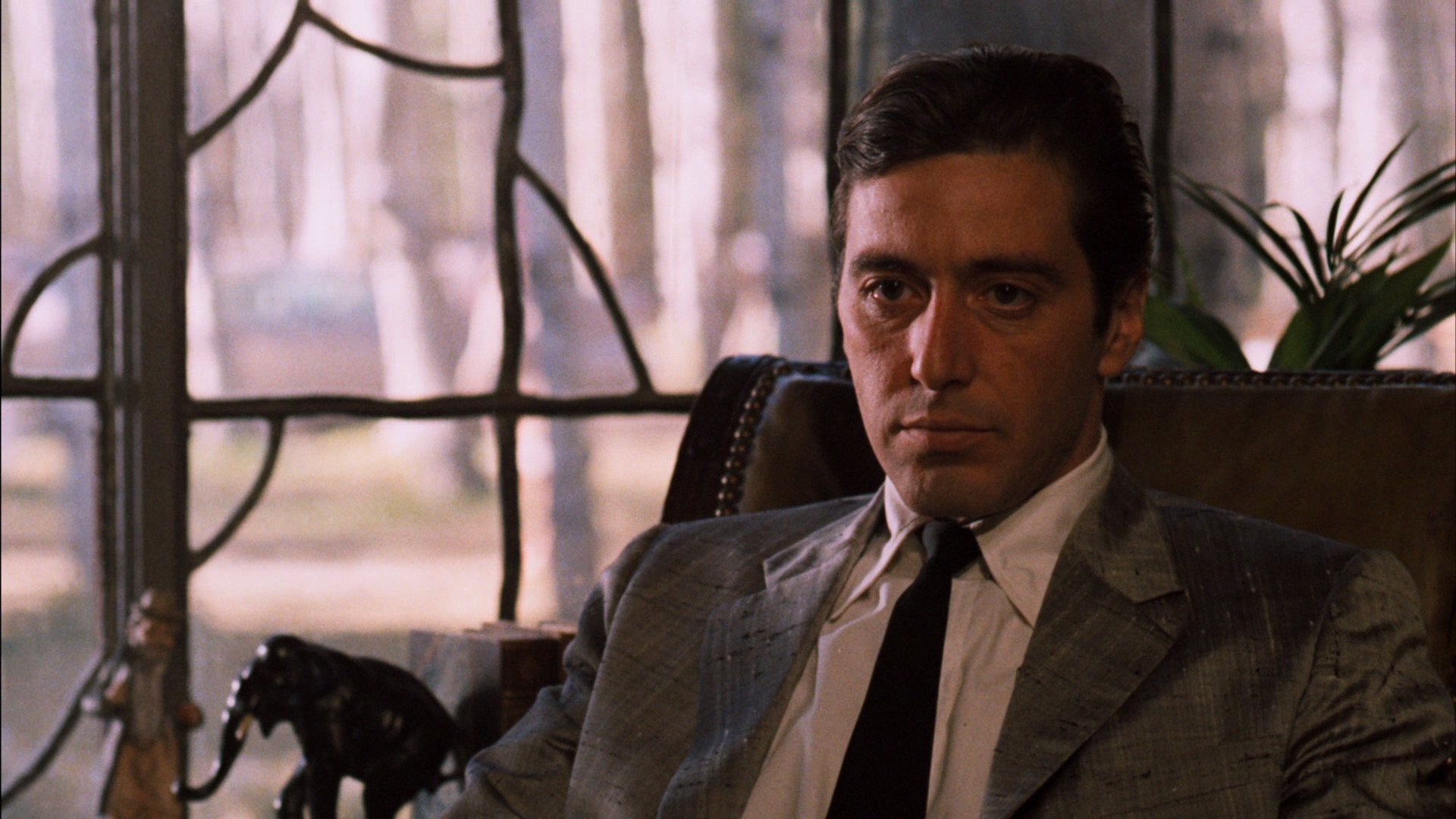
The Story: Now the head of the Corleone crime family, Michael consolidates power through calculated ruthlessness, alienating his wife and brother. His descent into moral bankruptcy contrasts with flashbacks of his father’s rise.
Why He’s Compelling: Michael’s transformation from idealistic war hero to cold-blooded patriarch is Shakespearean. His tragic flaw—loyalty to family—becomes his undoing, rendering him a figure of pity and dread.
Legacy: Often hailed as the greatest sequel ever, the film deepened the saga’s exploration of power and identity.
5. Drive (2011)
Director: Nicolas Winding Refn
Anti-Hero: Driver (Ryan Gosling)
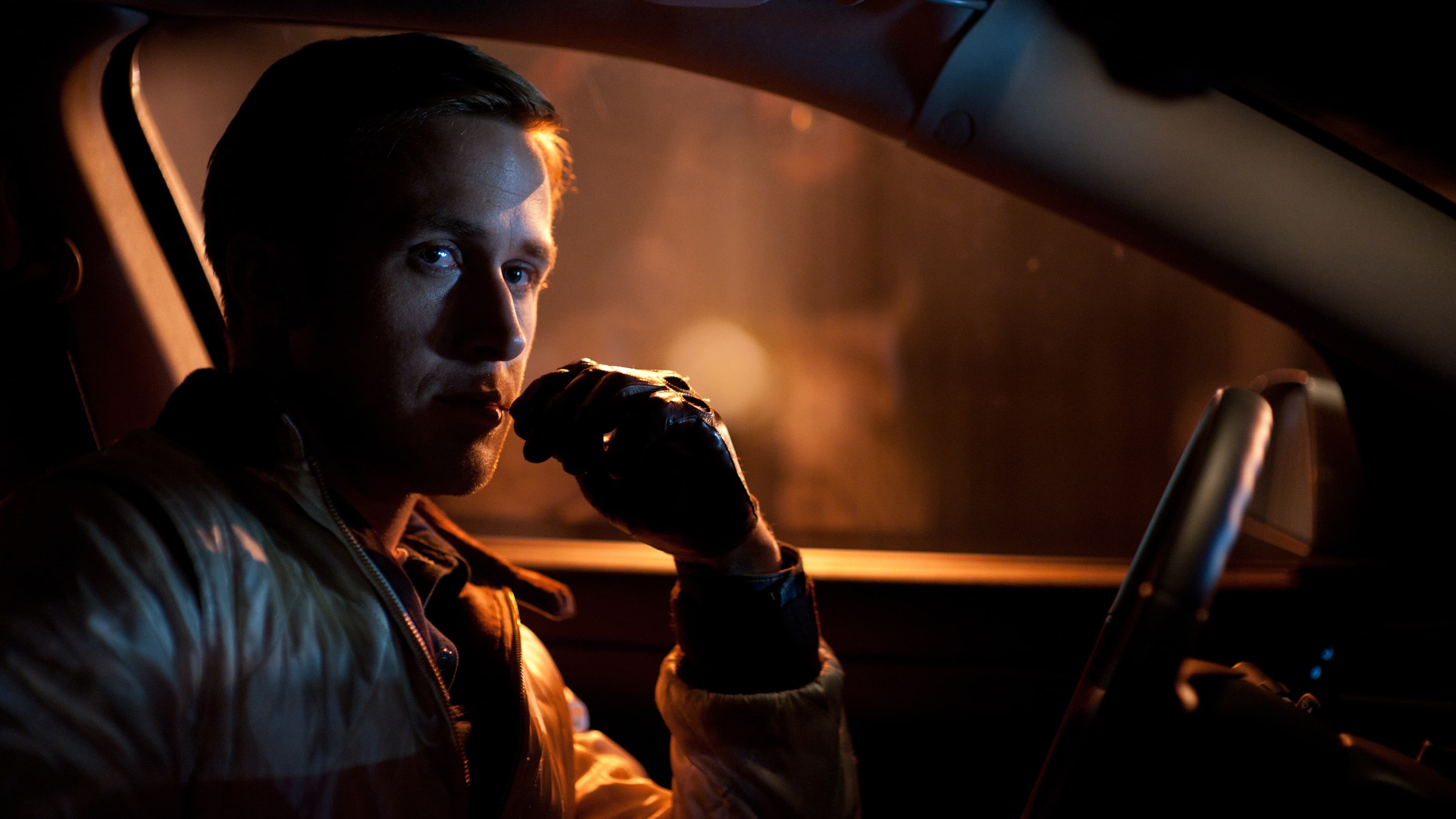
The Story: A stoic Hollywood stuntman moonlights as a getaway driver. When he falls for his neighbor Irene (Carey Mulligan), he risks his life to protect her family from mobsters.
Why He’s Compelling: Driver’s silence and sudden bursts of violence mask a longing for connection. His moral code—protecting the innocent at any cost—justifies his brutality, making him a modern-day knight with a bloody edge.
Legacy: The film’s neon-noir aesthetic and synthwave soundtrack inspired a wave of minimalist thrillers.
6. American Psycho (2000)
Director: Mary Harron
Anti-Hero: Patrick Bateman (Christian Bale)

The Story: A wealthy investment banker by day and psychopathic killer by night, Bateman’s veneer of yuppie perfection cracks as his violent fantasies blur with reality.
Why He’s Compelling: Bateman epitomizes 1980s materialism and narcissism. His lack of remorse and unreliable narration force viewers to question his actions—are they real or delusions?
Legacy: A satire of toxic masculinity, the film gained cult status for its dark humor and Bale’s chilling performance.
7. No Country for Old Men (2007)
Directors: Joel & Ethan Coen
Anti-Hero: Llewelyn Moss (Josh Brolin)
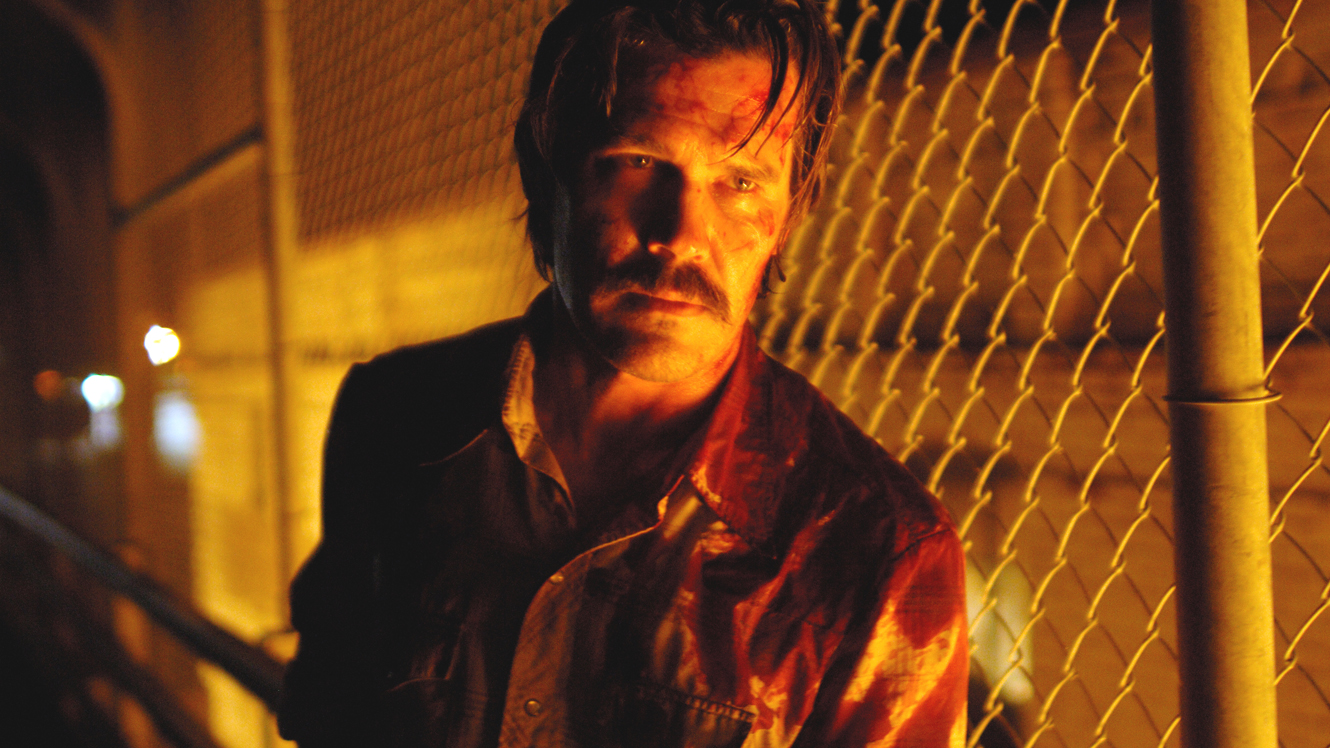
The Story: A welder stumbles upon a drug deal gone wrong and flees with $2 million, pursued by a psychopathic hitman (Javier Bardem) and a weary sheriff (Tommy Lee Jones).
Why He’s Compelling: Moss’s stubborn defiance and flawed survival instincts make him a reluctant anti-hero. His refusal to surrender the money—despite escalating danger—mirrors humanity’s futile struggle against fate.
Legacy: The Coens’ Oscar-winning masterpiece redefined the Western genre with its existential dread.
8. Nightcrawler (2014)
Director: Dan Gilroy
Anti-Hero: Louis Bloom (Jake Gyllenhaal)

The Story: A sociopathic freelancer films grisly crime scenes for TV news, manipulating events to create sensational footage.
Why He’s Compelling: Bloom’s relentless ambition and lack of empathy critique media exploitation. His calm demeanor and entrepreneurial zeal make him a disturbingly relatable monster.
Legacy: A commentary on the ethics of journalism, the film remains eerily relevant in the clickbait era.
9. Joker (2019)
Director: Todd Phillips
Anti-Hero: Arthur Fleck (Joaquin Phoenix)
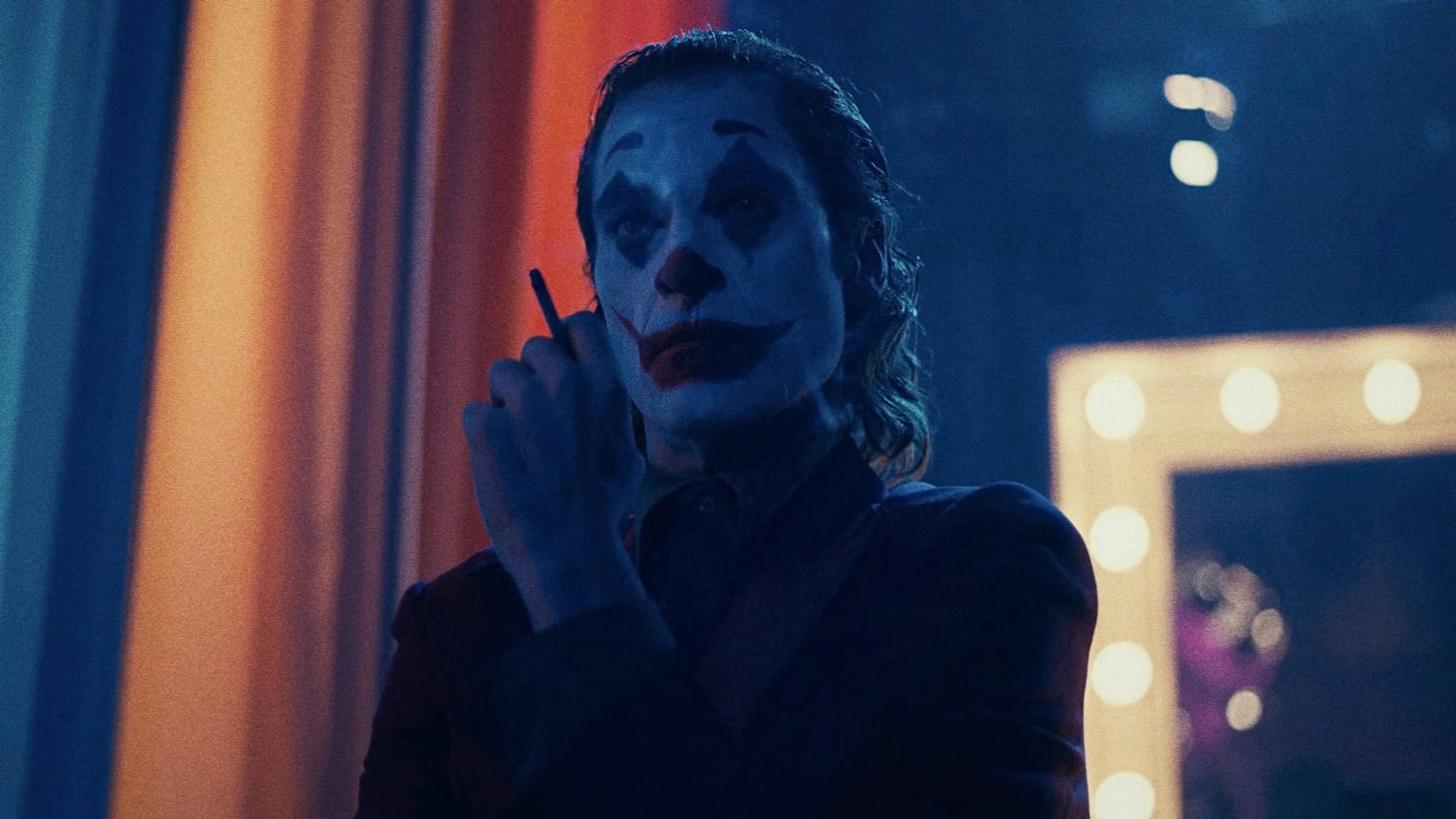
The Story: A mentally ill clown descends into madness, transforming into the iconic Batman villain after societal neglect and abuse.
Why He’s Compelling: Arthur’s tragic origin humanizes him, even as his violent actions repel. Phoenix’s raw performance forces empathy for a character society discarded.
Legacy: The controversial film sparked debates about mental health and incel culture, earning Phoenix an Oscar.
10. There Will Be Blood (2007)
Director: Paul Thomas Anderson
Anti-Hero: Daniel Plainview (Daniel Day-Lewis)
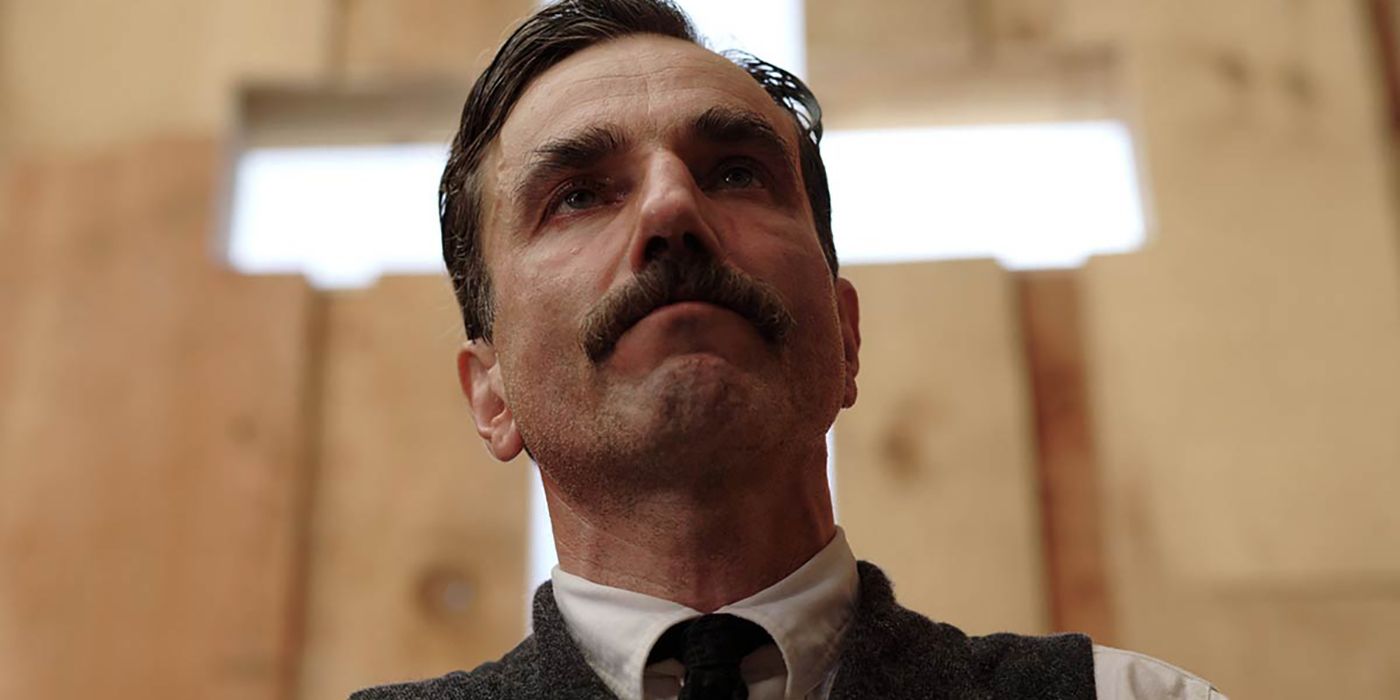
The Story: A ruthless oilman manipulates and destroys rivals to build an empire, culminating in a visceral confrontation with a zealous preacher.
Why He’s Compelling: Plainview’s misanthropy and greed are matched only by his brilliance. His infamous line—”I drink your milkshake!”—epitomizes his monstrous ambition.
Legacy: A scathing critique of capitalism, the film is hailed for Day-Lewis’s towering performance.
